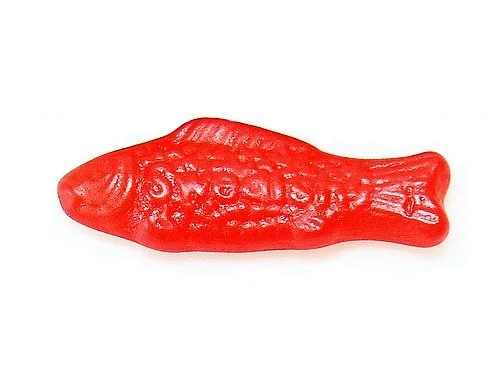When he was young and worrying about the continued existence of humankind and his part in that continuation, my father had a hard time sleeping. His job did not allow for his being groggy in the morning, so sleeping pills weren’t an option, and he wasn’t the kind to take pills anyway. Somehow, he struck on a simple solution to insomnia, and for years after-- long after “the Sovs” had become history-- an old, beat up Latin grammar book always lay on his bedside table.
During the hot part of the Cold War, and for years and years afterward, my father studied Latin in the middle of the night. As the rest of us slept, he declined nouns. As the night wore on, he conjugated verbs. He did not talk about Latin in the daytime, nor did he regale us with details. Latin was his private comfort: He studied it for the studying’s sake. The highly regular nature of a dead language relaxed him because it was so completely different from the complexities of real human interaction with which he was involved.
Years ago now, I read Charles Peirce’s “Theory of Signs,” for the first time, and though it does not lie upon my bedside table, it serves a similar purpose in my life. Semiotics is a branch of the study of logic. It’s a speculation on the ways the universe makes meaning. Peirce’s belief that meaning can be charted and graphed is a wonderfully calming belief. It’s an antidote to the fear that life is essentially meaninglessness-- a fear that living in our mechanized, human-centric world can induce.
There's no great book about semiotics for normal people. There are a number of interesting books that are difficult, and there are a number filled with arcane talk and difficult notions made harder by the free use of academic-speak. A few books about semiotics have been written for designers. These mold semiotics into a simple, streamlined way to deconstruct and reconstruct the making of communication design. But these books fall flat to me, because they bend semiotics into being a tool. They use it in a way it was never intended to be used. The study of semiotics was not conceived not a method for design production. The Euclidean beauty of Peirce's logic is lost in these texts, rather in the same way that the beauty of mathematics is obscured for me by the pounding headache that is algebra.
Semiotics has informed my daytime thinking, made my ideas about communication clearer. It has taught me tricks, like being able to model systems of communication in my head. But I study it for the sheer pleasure of studying it, and not just so that I can tell people why the symbols and signs in their ads seem to be working or not. There's math for engineering and math for math's sake. Same with semiotics.



